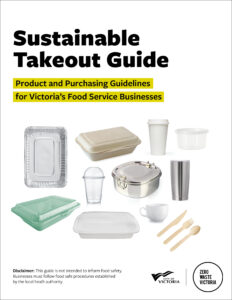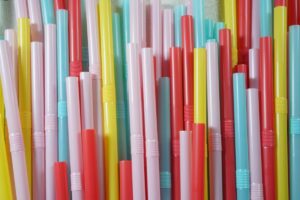After criticism, pot packaging tries to go greener
One year after legalization, retailers are still being criticized by consumers for excessive packaging. In the face of stringent federal regulations, and in the rush to market last year, licensed producers took the path of least resistance, defaulting to disposable plastics. However, according to them, change is coming.
Licensed producers are responsible for packaging, which has to follow Health Canada requirements, including being designed to show any signs of tampering, to be child-resistant and to prevent contamination and keep the product dry. The packages also have to be large enough to accommodate required labelling information, including the type of product, THC and CBD levels, and mandatory warnings.
Greenpeace Canada is also speaking out on what it says is a “missed opportunity” in the battle against plastics and single-use disposables.
“It’s unfortunate that the federal government and provinces are working together on a zero-waste strategy, but can’t create a better model for products they’re responsible for,” said Sarah King, Greenpeace Canada’s head of oceans and plastics campaign. “They could have piloted a model that is more sustainable.”
“Some vendors are improving on it. Every so often, you’ll see a product come in a new and improved packaging,” Geoff Dear, president of Muse Cannabis said – citing B.C.-based Tantalus Labs as an example of a company using more “minimalist” packaging.
Muse and Hobo offer in-store recycling bins offered by Ontario-based Tweed and TerraCycle where customers can drop off discarded cannabis packaging, which are then collected and transformed into plastic pellets.
In a statement, Health Canada said the federal government recognizes plastic pollution is a growing problem, and encourages the use of innovative and environmentally sound packaging materials other than plastics.
Read the full and original story at VancouverSun.com



